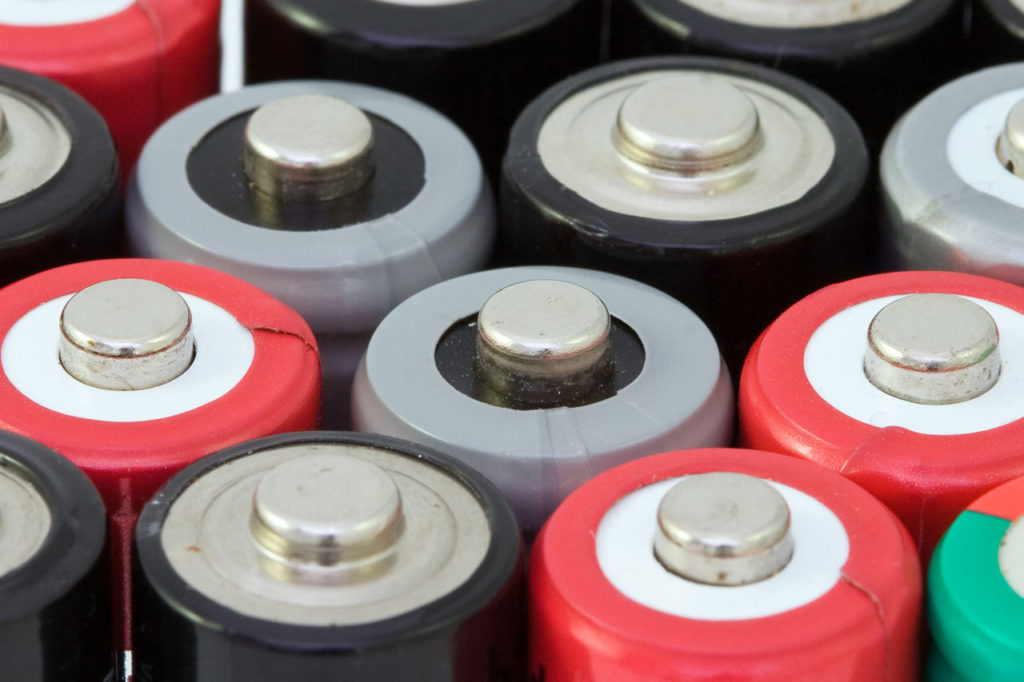Batteries are all around us in energy storage installations, electric vehicles (EV) and in phones, tablets, laptops, and cameras.
Under normal working conditions, batteries in these devices are stable. However, if subjected to some form of abnormal abuse such as an impact; falling from a height; extreme environment changes or overcharging, these devices may be rendered unstable.
Lithium-ion batteries are the main type of rechargeable battery in portable consumer electronics (for example a smart phone or tablet), they consist of two electrodes divided by a separator that allows charged particles – lithium ions – to flow, through a solvent, from one to the other. If the battery is intact and contained, it is generally very safe. But if the electrodes make direct contact with each other, it can cause all the charged particles to suddenly discharge in an explosion, which, as the chemicals inside the battery are flammable, can quickly cause a fire.
In Somerset our collections contractor, Suez, have dealt with six fires in their facility or on a truck due to batteries getting caught up with other materials and being crushed as part of the sorting process. Quick responses meant that the fires were swiftly dealt with but they can be avoided by keeping batteries separate from refuse and recycling collections.
A fire service in Cambridgeshire is also warning about the dangers of throwing out lithium-ion batteries after two separate blazes in bin lorries within an hour of each other. Crews were called to two fires in Cambridge and Peterborough. Both were caused by lithium-ion batteries being thrown out with household waste, the county fire service said. Due to the heat generated and the crushing of the batteries during the process, the lithium in the batteries set fire to the waste in the lorry.
The fire service called on people to make sure they disposed of old batteries carefully, either at shops with a battery bank or at a recycling centre. It said across the country 48% of all waste fires were being caused by lithium-ion batteries. In December 2022, The Environmental Services Association said lithium-ion battery fires were costing fire services and waste operators some £158m a year. It said 700 fires were caused every year by the batteries being thrown out.
Safety advice
- Keep batteries in a cool, dry place away from flammable materials and direct sunlight
- Recycle used, damaged or swollen batteries at designated recycling points. Find local collection points at: Recycle Now or small household batteries can be recycled via kerbside recycling collection, batteries should be placed in a clear tied bag and put on top of your recycling.
Learn more:

